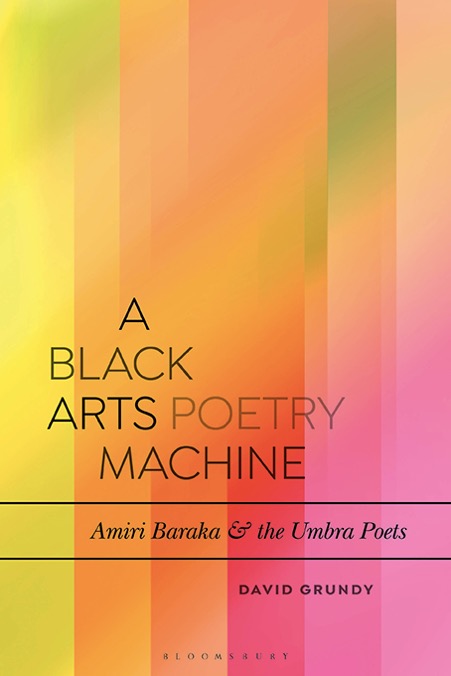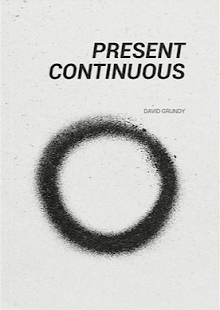Stuart Calton’s The torn instructions for no trebuchet
has, say, five areas of concern. It requires that you read it in a succession
of readings, that you read it again and again, that you live with it, really,
as all the 'best' poetry does, that it might actually change your life as it
desires the life it sketches, in general and in particular, to change, that you
will live with this poem, that it will reveal itself to you, not from a
position of teasing hiddenness, but from the work it forces and accomplishes of
you and of itself, really does so. The, say, five (or maybe rather six) areas of concern are: the
journey by car, around the motorway near Manchester, going and coming from
where it’s unclear; the kids in the playground, who are the poet’s, but might
also be the poet’s younger self; a very specific set of not-quite real or
possible engagements with the inner and outer material of flesh, tongue and
teeth and gums, penis and breast, melding and meshing both as very deep in
oneself and as of and in another, whether, say, lover or mother; a polemical
attack on Amiri Baraka’s Marxist writings as exhibiting an ultimately
bureaucratised and conservative Stalinism, full of disgust for the ‘perverted’
or ‘ugly’ body, in which a fantasy of totality, full of stereotyped and cartoon
figures as representations of particular forms of social evil, dispenses with
the particularity of personal experience and of contradictory emotion which is
not ‘bourgeois’ introspection, but the essential grounds for challenging and
examining the root of social formation, and all its harm and hurt, particularly
in the realm of sexual relations; mixed in with this attack, what appear to be
topical comments on the SWP scandal unfolding as the book was being written,
itself a major political failure in the realm of sexual relations, a collective
non-acknowledgment, on the part of party leadership at least, of the absolute
necessity of right conduct in the realm of these relations if the collective
organisation desired for is to mean anything at all; and, finally, that with
which the book ends, a desperately moving apologia for the failure of a
particular love relationship to live up to the investment it was given with
socialism as actually lived mode of being between specific people, and the
utopian remainder within that loss of that hope as the absolutely necessary
condition of being a socialist.
Psychoanalysis is crucial here, from Klein and others. As
with two other books published that year, by Keston Sutherland and Andrea
Brady, Calton is concerned with the formation of the subject and its relation
to politics and ethics; but whereas Sutherland’s Odes to TL61P attempt would
seem in part to be to inflate the subject and its love relations as if it could
match the politics around it, and Brady’s Mutability focuses in specifically on
the relation of mother to child in the early stages of life as a complex course
of minute ethical problematics, Calton’s is perhaps less specifically tied to
that personal investment, so that, though it is crucial and moving for me that
those real biographical marks, that have really come from his life – the
dedication to Tori, the sudden and unexpected address out to specific addressee
– “Tori, I’m sorry” – the closing passage; all these both resist generalizable
totality claims and insist that a vision which is something like totality, of
socialism, can be found in these
bits, not as essay or performance of identity but as constantly failing and
falling assay, as the poem’s extended verse paragraph and irregular line
lengths accumulate absolute claustrophobia and constriction, marked especially
by successions of monosyllables that assume the shape of something like a
tongue- or an eye-twister, the condition of absolute stress where sex is not
metaphor for political cred, not thus stretched, is not romanticized life-pitch
outside of daily attentive regard as the real ground of relation, love’s real
work, but that it is this that it says, that the truth of the poems says, that
“still forever I / hate this fucking system and I wanted our life / better to
realize the true generality and make its / really-existing untruth external in
our / particular.” So perhaps no one will read this book, with its lack of
flash, its self-sufficient insistence on being a poem, whose argument is made
in poetry, not bolstered with any interview with overt long blurb, with any of
that stuff. But really, it’s fucking imperative that they should.





